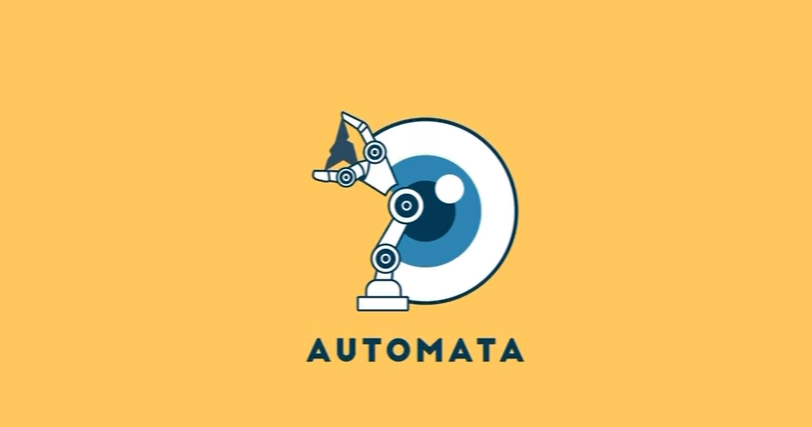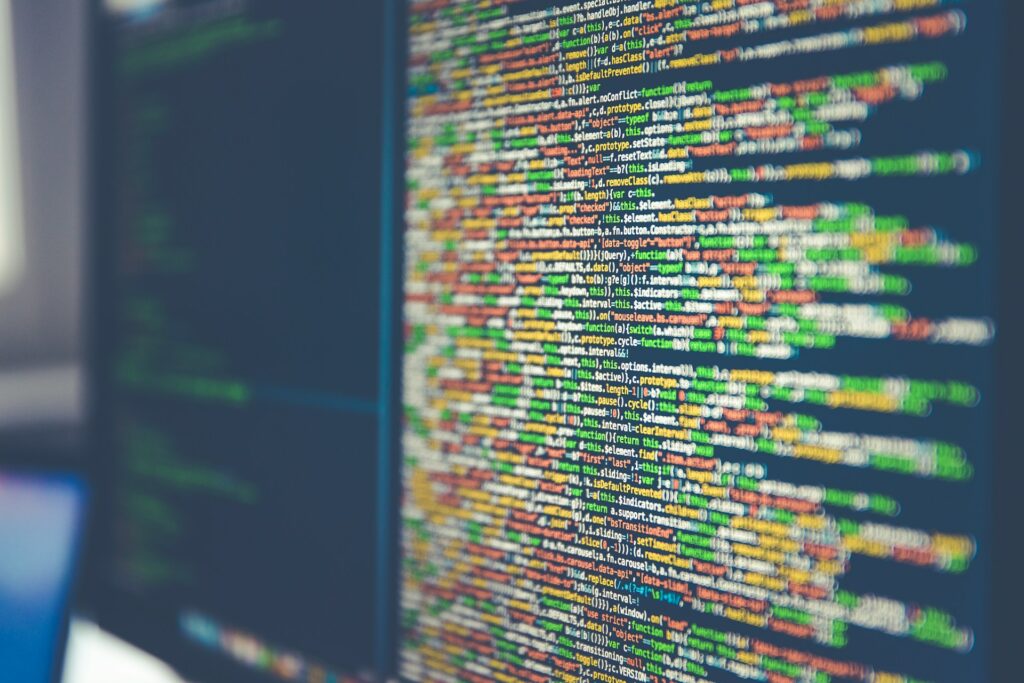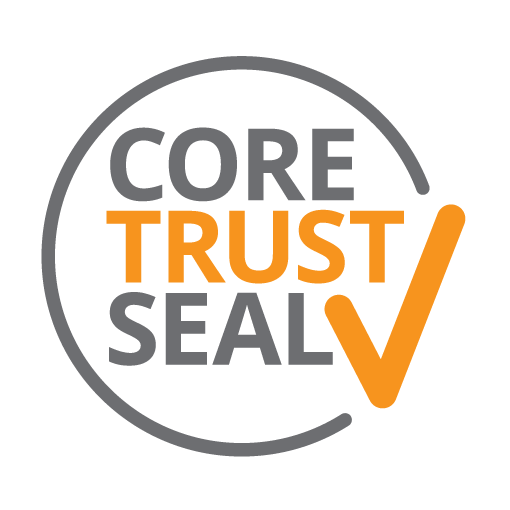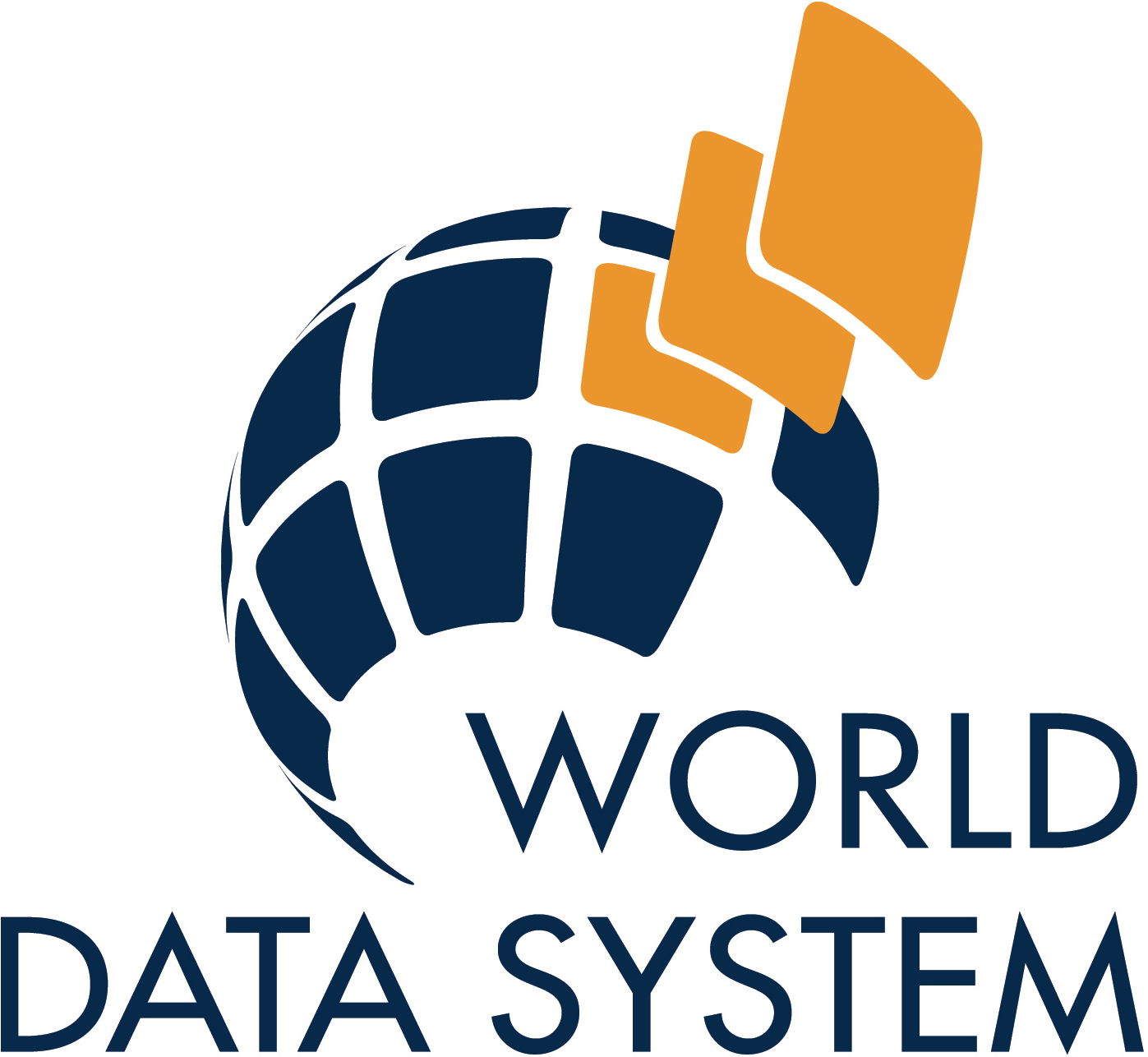Funded through the Transformations: Social and cultural dynamics in the digital age programme of the Collaboration of Humanities and Social Sciences in Europe (CHANSE) Consortium, Transforming data rE-use in ARCHaeology (TEtrARCHs) aims to demonstrate that data optimised for ethical and emotive storytelling will provide the bridge between those who find or preserve heritage assets, and the diverse cross-European audiences for whom they might generate meaning. In archaeology, much work has been done to make data Findable, Accessible and Interoperable (according to the FAIR Principles), but little is understood about whether data are Reusable–and by whom.
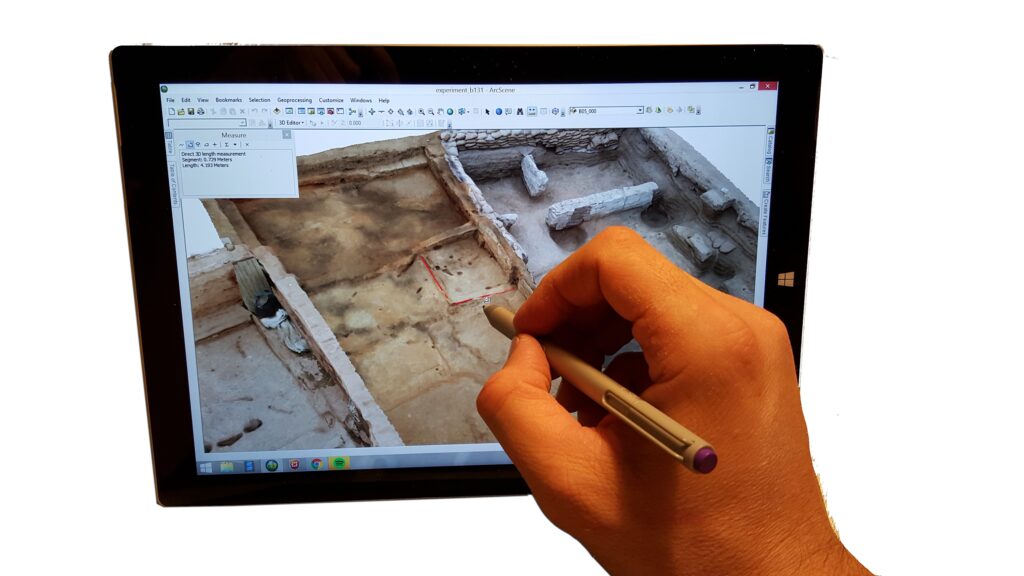
Through an interdisciplinary team of archaeological specialists, data scientists, and museum practitioners, collaborating with three key user groups–domain experts, creative practitioners, and memory institutions– TEtrARCHs will offer those who capture, curate and apply cultural heritage data with critically-aware workflows to prepare their data for enhanced re-use at every point in the data lifecycle (e.g., capture, mapping, lab-based analysis), then scenario-test such re-use through the dissemination of new narrative outputs authored by cross-European creative practitioners. The project embraces three scales of data collection in archaeology–landscape, site and artefact–exploring them via four increasingly ubiquitous technologies for data capture: airborne LiDAR, 3D scanning, digital field drawing and photography. Alongside novel workflows for field, post-excavation and archival practice, TEtrARCHs will produce the world’s first controlled vocabulary for cultural heritage storytelling, the first assessments of data reuse effectiveness following ISO Standard 25022: Measurement of Quality in Use, and the first best practice recommendations for trusted digital repositories to optimise archaeological data for re-use.
Project Partners: MOLA (Museum of London Archaeology), University of York, Vilnius University, ZRC SAZU (Znanstvenoraziskovalni center Slovenske akademije znanosti in umetnosti), Lund University, University of Antwerp, Ghent University
The University of York is playing a significant role in TEtrARCHs, with contributions across the project, and leading the workpackage on Repository Experimentation. This workshop focuses on resolving the point of central tension between the need to preserve cultural resources, and the dynamic potential for their use and reuse. Using the Archaeology Data Service (a Core Trust Seal accredited digital archive) as a test bed, this workpackage aims to determine how data optimised for co-designed and user-centred reuse can be incorporated into digital preservation workflows. ADS has undertaken both internal (for strategic planning) and external (for user and depositor transparency) FAIR audits of their workflows, which will act as a baseline for comparison when incorporating optimised data. Dynamic archive dissemination interfaces will also be explored.
Image Credit
Taylor, J.S., Issavi, J., Berggren, Å., Lukas, D., Mazzucato, C., Tung, B. and Dell’Unto, N. 2018 ‘The Rise of the Machine’: the impact of digital tablet recording in the field at Çatalhöyük, Internet Archaeology 47. https://doi.org/10.11141/ia.47.1

